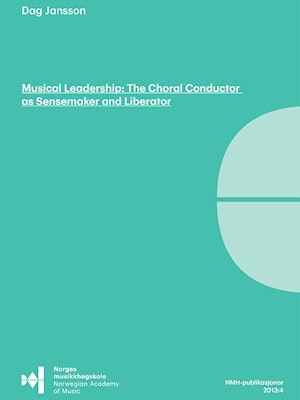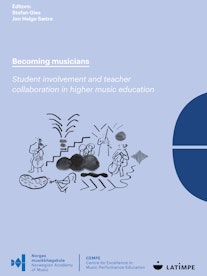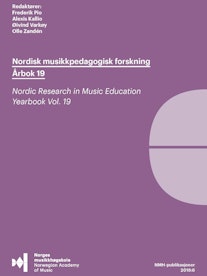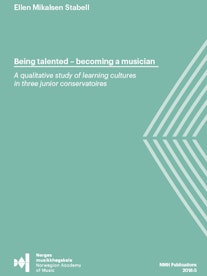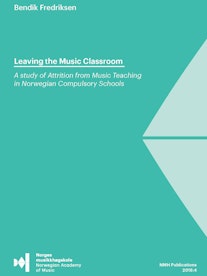The conductor role is familiar to anyone who has been singing in a school choir or have been at a concert. The presence of a conductor is largely taken for granted by the layman and the scholar alike, as self-evident as the presence of musicians and singers. The purpose of this dissertation is to look through this veil of self-evidence by investigating what conducting is, why we need it and what makes it work. Contrary to most research on conducting and conductors, this dissertation takes the choral singer’s viewpoint, describing how choral leadership is perceived and experienced by those whom conducting is intended to impact.
The project is an interview-based study of 22 choral singers’ experience with conducting and conductors. A hermeneutic-phenomenological approach was used to execute and analyse the interviews. A number of themes that constitute choral leadership are each exemplified in detail and conceptualised into three models, (1) the legitimacy model, (2) the enactment model, and (3) the notion of elusive perfection. The dissertation is structured in four parts, each of which can be read separately, depending on whether reader interest is conducting literature, research methodology, singer experiences or proposed models. The dissertation should be of interest for researchers of choirs, conducting and pedagogy as well as conductors who want to reflect on own practice and dialogue about the conducting profession.
- NMH-publikasjoner 2013:4.
